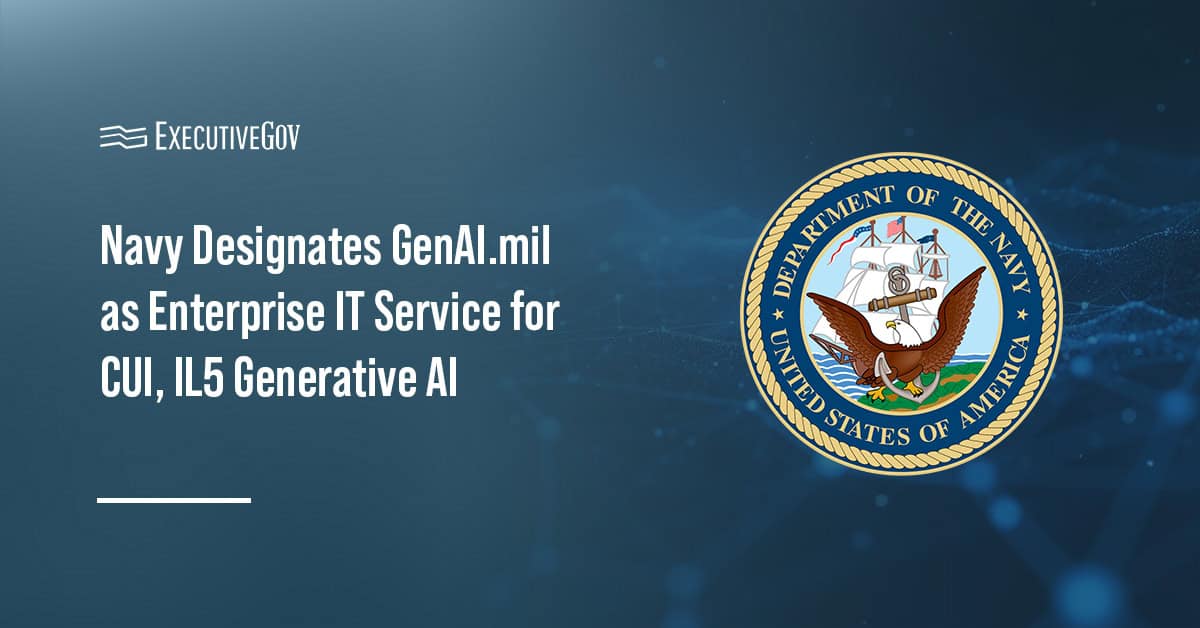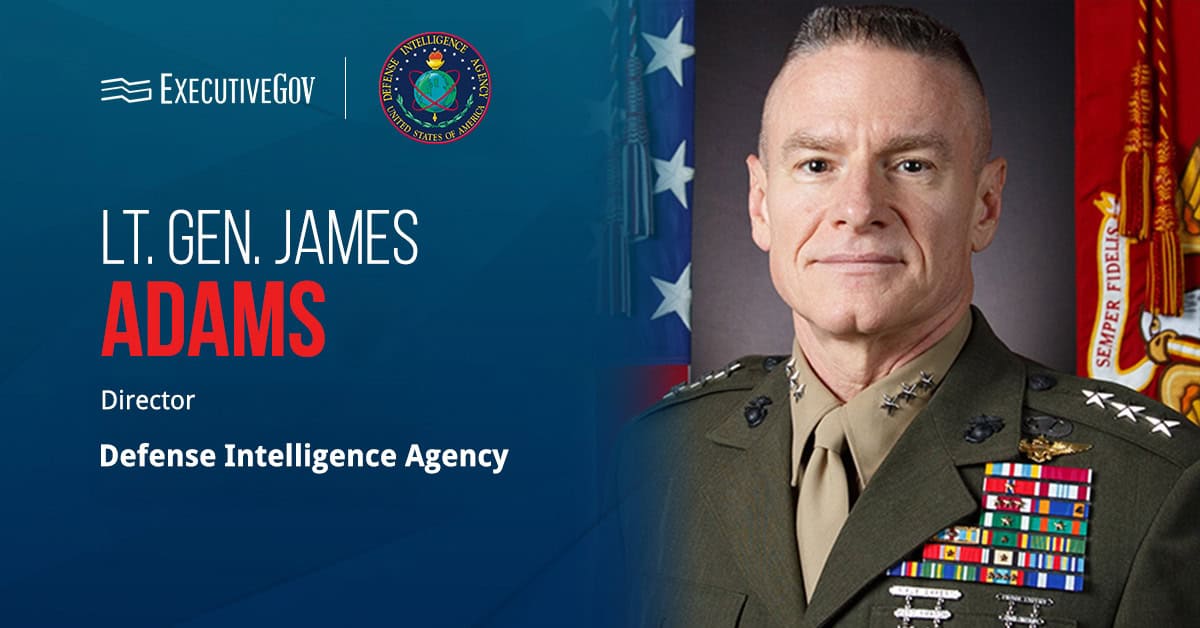
The Department of Homeland Security’s Science and Technology Directorate is requesting proposals on two projects with a combined value of over $820,000. DHS S&T said Friday that it calls for universities to submit proposals on data utilization projects in support of the U.S. Coast Guard and U.S. Customs and Border Protection.
USCG is in need of technologies to support search and rescue planning based on leeway drift data, while CBP seeks to better utilize forecasting data to predict and prevent potential pest threats. DHS will award up to $487,000 for the USCG project and up to $333,900Â for the CBP project.
The projects support a partnership between DHS S&T’s Office of University Programs and the Minority Serving Institution Research and Development Consortium.





